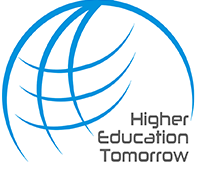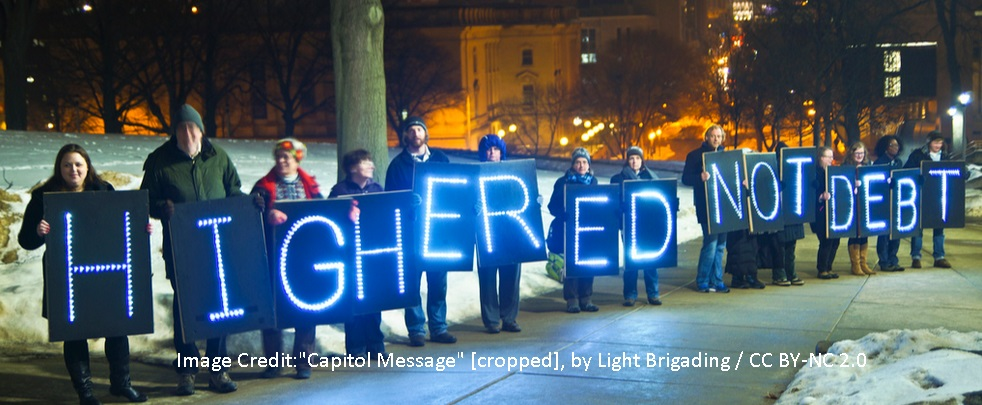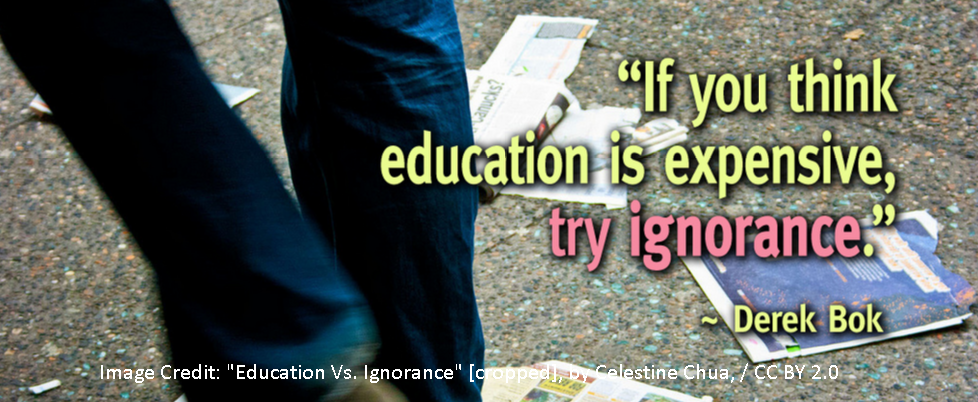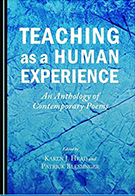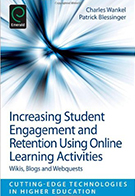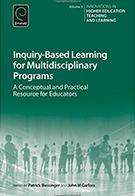Why are Fewer Foreign Students Heading to the U.S. and More to Australia?
Why are Fewer Foreign Students Heading to the U.S. and More to Australia? Patrick Blessinger International HETL Association and St. John’s University The U.S. has arguably led the world in higher education for much of the twenty-first century. But while there is much to be proud of, there are also some trends that should give U.S. educational leaders and policy makers cause for concern. The share of international students who choose a U.S. university has dropped from 23 percent in 2000 to 16 percent in 2011. Meanwhile, other countries including Australia and the U.K. have experienced significant share increases. And although the U.S. ranks high in post-secondary degree attainment, its student loan debt now exceeds $1 trillion with average student loan debt near $30,000. Private expenditure per student is eight times higher in the U.S. than in Europe and this has real potential economic impact. The rich legacy of democratic education in the U.S. [...]

